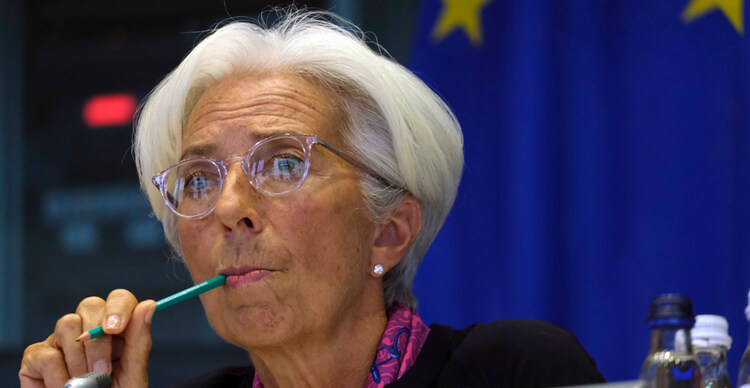2021-4-14 18:31 |
Professionals and private citizens would most prefer a digital euro that prioritizes privacy, according to a public consultation published by the European Central Bank (ECB).
According to a report published on April 14, privacy is the most important feature of a digital euro, especially for merchants and other companies. Both the public and professionals support requirements to prevent illegal activities, as less than 10% supported full anonymity.
Participants in the consultation could choose between three variants for a potential digital euro. While one was an offline version focused on privacy, another choice was an online version with additional features and services. Between these two and a third choice of a hybrid, “citizens generally opted for an offline solution focused on privacy,” according to the ECB report.
Other priorities for a digital euroConsultation participants also favored a few other features in a digital euro. Some 18% prioritized security. Another 11% want the ability to pay across the Eurozone. Finally, 9% want no additional costs, while 8% care about offline usability.
Over two-thirds of respondents want any intermediaries to provide innovative services. They would want these additional services provided on top of basic digital euro payments. This segment of participants also think the digital euro should be integrated into existing banking and payment systems.
Almost half of respondents mentioned the need for holding limits, tiered remuneration, or a combination of the two, to manage the amount of digital euro in circulation.
Around a quarter think a digital euro should make cross-border payments faster and cheaper. Within limits, they also want the digital euro to be usable outside the Eurozone.
A minority actually opposed the issuance of a digital euro. They feared the ECB would thereafter not maintain the availability of cash. They also thought the ECB would use the new tool to pass on negative interest rates to consumers.
Consultation participationThe consultation began on October 12, 2020, and concluded three months later, on Jan. 12, 2021. The ECB public consultation received a record 8,200 responses, most of whom were private citizens (94%).
The remaining participants consisted of banks, payment service providers, merchants and tech companies. Most responses came from Germany (47%), Italy (15%), and France (11%).
“A digital euro can only be successful if it meets the needs of Europeans,” according to ECB Executive Board member Fabio Panetta. “We will do our best to ensure that a digital euro meets the expectations of citizens highlighted in the public consultation.”
The post ECB Report: Public Prioritizes Privacy in Potential Digital Euro appeared first on BeInCrypto.
origin »Bitcoin price in Telegram @btc_price_every_hour
Euro (EUR) на Currencies.ru
|
|

















